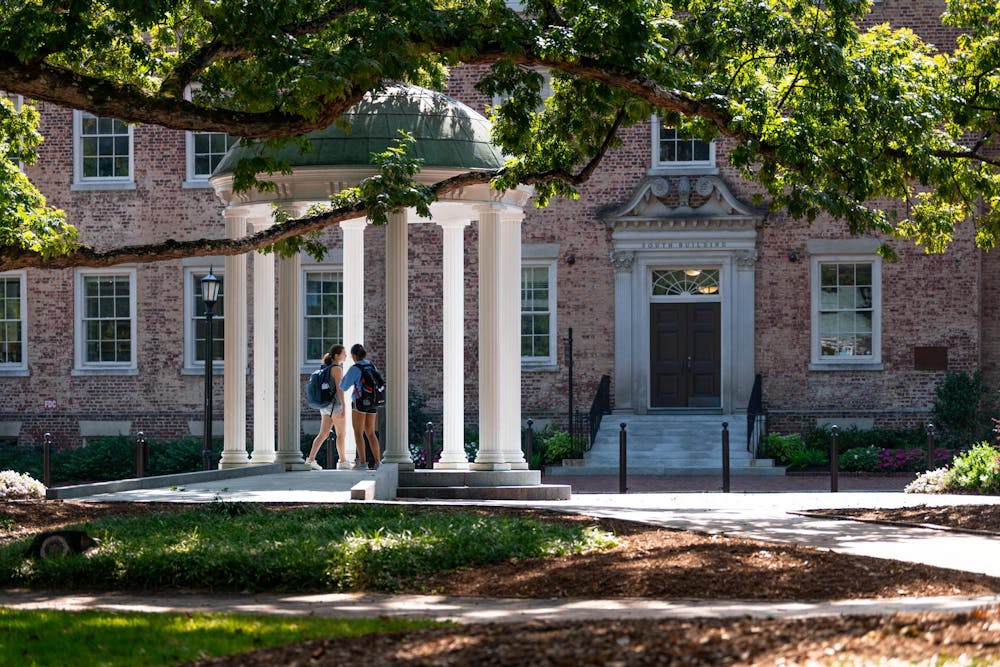UNC first-year Issy Jakobuss said if she faced an honor court violation, she wouldn’t know where to start.
“I'm not familiar with any of the resources that are out there,” she said.
Transparency is important in understanding the Honor System and how it affects students, Hailey Desir, a UNC first-year, said.
“I think to a certain extent, if you don't know your rights, you don't know what to expect from honor court, you don't know the background of honor court, you kind of are going in there blindly without a knowledge of how you can possibly get out of this scenario,” she said.
Though UNC's Honor System has been student-led for over 100 years, many students — like Jakobuss and Desir — are unsure of what happens once students enter the system.
The UNC Honor System is composed of two branches: the Undergraduate Honor Court and the Graduate and Professional Honor Court. They are both tasked with processing infractions of the honor code and the Instrument of Student Judicial Governance. Created in 1974 and heavily revised in 2003, the instrument outlines honor code offenses, rights of all parties, possible sanctions and structural and procedural guidelines for the Honor System.
The charge
Honor code violations include offenses from acts of academic dishonesty and violence to the use of controlled substances. Following the submission of a complainant about a suspected violation, the Honor System process begins with an investigation.
Director of student conduct Jennifer Spangenberg said the preliminary investigation is directed by the student attorney general, who — along with their staff — will charge the accused student if they deem the behavior in violation of the honor code.




